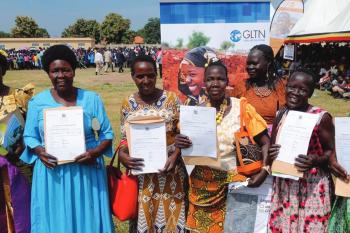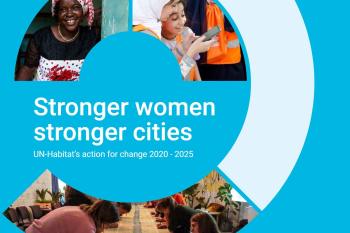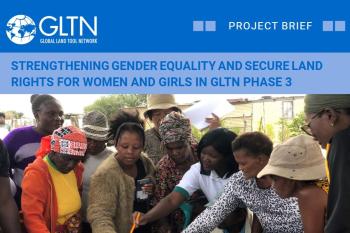
Read More
Gender Strategy for Land-at-Scale Uganda
Women’s Land Rights (WLRs) are fundamental human rights, foundational to gender equality and women’s dignity and instrumental in improving food security, effective climate action, poverty eradicati

Once relatively prosperous, Côte d’Ivoire is still emerging from crisis. Improving security has allowed many internally displaced persons (IDPs) to return to their home areas since mid-2011, but more than 300,000 still live in displacement and around 38,000 refugees are still in Liberia. Most IDPs are with host families or have rented their own accommodation, but others squat or live in urban slums, where they are at risk of eviction. Nearly a quarter of the houses damaged or destroyed in 2010-2011 are still to be rebuilt. As in many other developing countries, women’s access to HLP is limited and often depends on their relationship with a man. NRC’s report Displaced women’s rights to housing, land and property in post-conflict western Côte d’Ivoire sets out the main challenges for women. The report is available in English and French.

Women’s Land Rights (WLRs) are fundamental human rights, foundational to gender equality and women’s dignity and instrumental in improving food security, effective climate action, poverty eradicati

This publication presents a summary of UN-Habitat’s gender equality impact over the past five years, in line with the Beijing reporting cycle.

GLTN’s institutional commitment to gender equality and secure land rights for women and girls has been at the core of its work since inception in 2006.